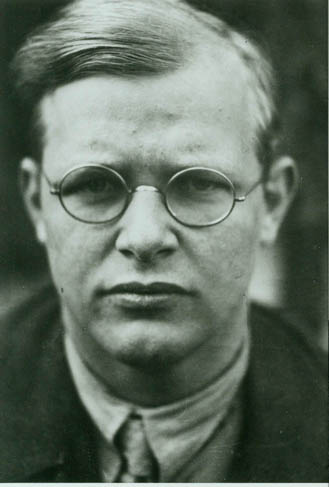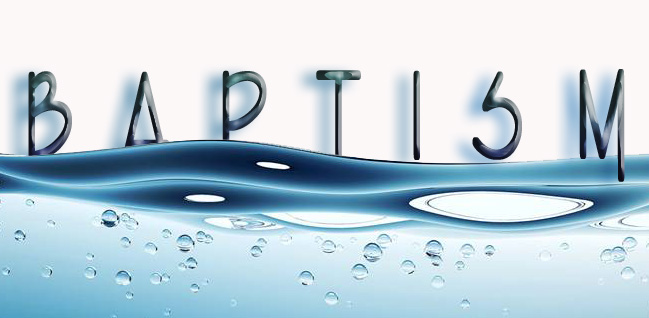“Now that you know God — or rather are known by God…” ~Galatians 4:9
Paul corrects himself here in the middle part of his letter to the churches in Galatia. Knowing God is good and it’s important, but it’s not the main thing, it’s not the main point. Rather, Paul says, or more importantly, you are known by God. That’s the primary thing. Yesterday we suggested that, in the language and context of Scripture, being known by God means to be chosen by God. Today, I’d like to explore today the idea that being known by God is to be understood by God.
“O Lord, you have searched me and you know me.” ~Psalm 139:1
Psalm 139 and others like it insist that God knew me before I was born: “Your eyes saw my unformed body.” God knows everything that’s going to happen to me before it happens: “All the days ordained for me were written in your book before one of them came to be.” You know what I’m thinking before even I fully know what I’m thinking. You know what I’m going to say before I can even organize my words. “You have laid your hand upon me.” You know me. “Such knowledge is too wonderful for me, it’s too lofty for me to attain.”
You know me, Lord, better than I know myself. You understand me.
The psalmist doesn’t see that as scary. He sees it as a tremendous blessing. A great comfort. God perfectly understands me.
God understands you. He knows the true you, inside and out. He gets you.
Yes, God sees your sin. He sees it clearly. And he understands what makes you sin. He knows how you were raised, he knows the things that have happened to you, he knows the pressures you feel, he knows about your frustration and your guilt. God knows how hard you try, he knows how remorseful you feel when you fail, he knows all about your inner confusion, and why you have good days and bad days. God knows all the stuff swirling around in your head and your heart that you don’t know how to articulate. He knows you. He understands you.
Richard Baxter said, “To be known by God is to be approved and loved by him and to be assured that all your concerns are perfectly known to him and regarded by him. This is the full and final comfort of a believer.”
I know the way I was raised and where I grew up and what’s in my DNA and the things I’ve done good and bad and the things that have happened to me good and bad have all shaped who I am. I know all those things influence how I think and act and respond. For good and bad, it’s who I am. But I don’t understand how all of that actually works. And I don’t know much at all about how to accentuate the good things in me and change the bad things in me. But God does. God has searched me and he knows me, inside and out. He understands me.
And he understands you. That means he knows exactly what kind of forgiveness you need. He knows precisely what kind of love you need. He knows what kind of assurance you need. He knows exactly where to place you and how to bring you along. He knows how to take care of you.
“Now I know in part; then I shall know fully, even as I am fully known.” ~1 Corinthians 13:12
Peace,
Allan










Recent Comments